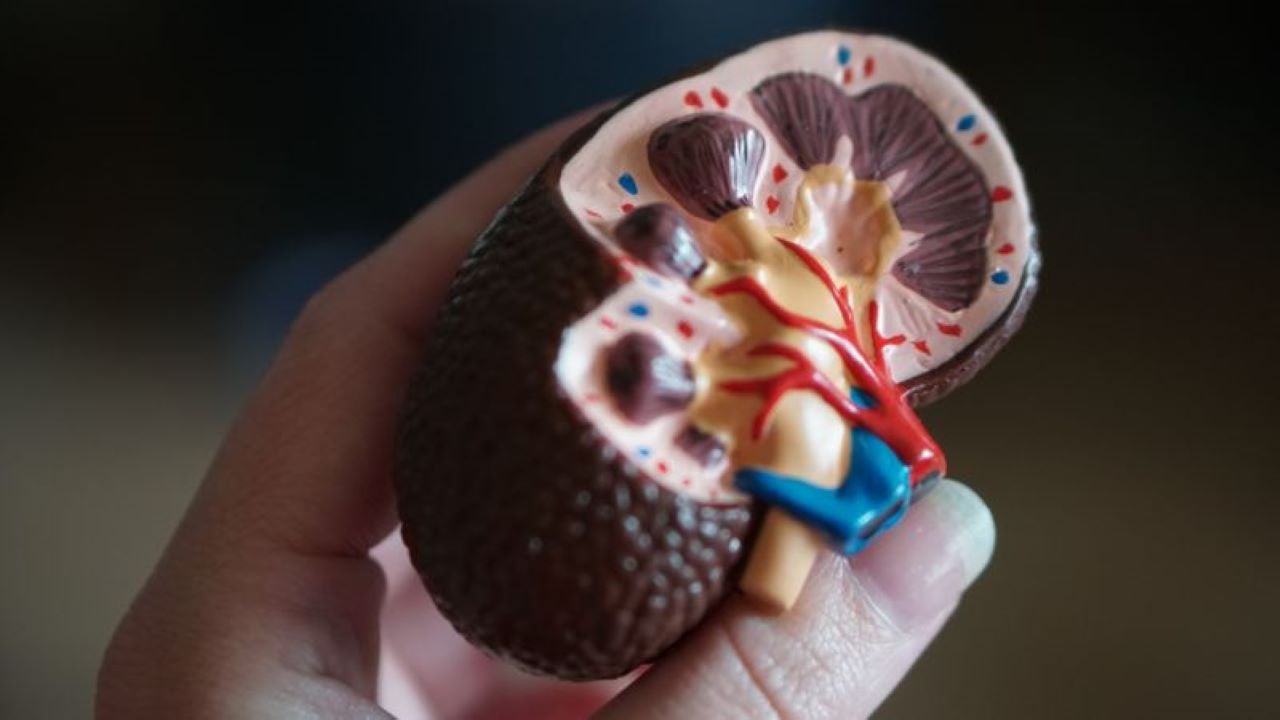
Novartis has announced that interim analysis results from the Phase II trial of iptacopan (LNP023) showed the oral therapy significantly reduced proteinuria by 49% in patients with C3 glomerulopathy (C3G), a rare renal disease.
C3G affects young patients characterised by complement dysregulation, with a poor prognosis and significant unmet medical need.

Discover B2B Marketing That Performs
Combine business intelligence and editorial excellence to reach engaged professionals across 36 leading media platforms.
The investigational oral therapy, iptacopan, selectively inhibits factor B of the complement system’s alternative pathway, targeting the underlying cause of the disease.
The open-label, two cohort, non-randomised Phase II trial analysed the efficacy, safety and pharmacokinetics of iptacopan in patients with C3G (Cohort A) and patients who have undergone kidney transplant and have C3G recurrence (Cohort B).
Results from the trial showed that after 12 weeks, iptacopan strongly inhibited alternative complement pathway activity and improved plasma C3 levels.
The drug also stabilised renal function as assessed by estimated glomerular filtration rate (eGFR) at week 12.

US Tariffs are shifting - will you react or anticipate?
Don’t let policy changes catch you off guard. Stay proactive with real-time data and expert analysis.
By GlobalDataThe effect was maintained in seven patients treated for six months after rolling over into the long-term extension trial.
Lead study investigator and National Renal Complement Therapeutics Centre consultant nephrologist Dr Edwin Wong said: “Proteinuria indicates the presence of inflammation in the kidney. Results from this study demonstrate that iptacopan significantly reduces proteinuria in patients with C3G.
“This data also highlights iptacopan’s ability to strongly and specifically inhibit the alternative complement pathway, targeting the underlying cause of this disease and potentially providing a much needed treatment option for C3G patients who have significant unmet needs.”
The safety and tolerability of iptacopan was observed to be favourable, with no serious adverse events witnessed.
The European Medicines Agency (EMA) has granted PRIME designation for iptacopan in C3G and an orphan drug status in IgA nephropathy (IgAN).
Iptacopan is in the developmental stage for a number of other renal conditions with unmet needs.
Novartis reported interim data from the ongoing Phase III STR1VE-EU trial of Zolgensma for paediatric patients with spinal muscular atrophy type 1.





